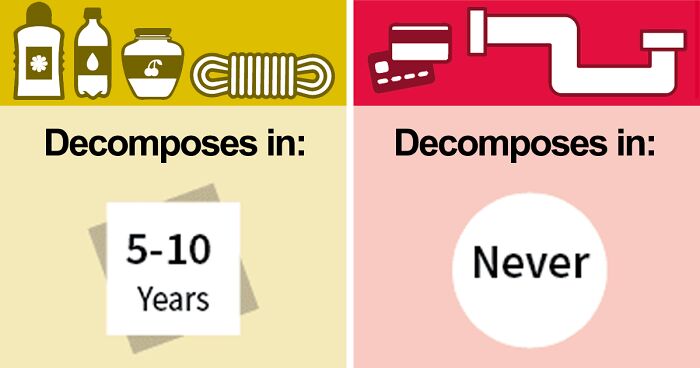
This Useful Infographic About the 7 Types Of Plastic Will Help You Be More Eco-Conscious
It’s crazy to think that only around 9 percent of all plastic produced since 1950 has been recycled. Today, the majority of plastics still end up simply discarded and never repurposed, reprocessed, or reused and only a bit over 20 percent of them actually get recycled.
So, it’s time to act. It’s not just about knowing how to properly dispose of plastics, of which there are many various kinds, but also being conscious of what plastics you consume, i.e. get together with each purchase.
Alan’s Factory Outlet has compiled a nifty infographic detailing the seven types of plastics and what we ought to know about them. In particular, it mentions the abbreviations and markings of each plastic, their recyclability, toxicity, decomposition time, most common uses, and associated health risks.
Alan’s Factory Outlet made an infographic detailing the toxicity, recyclability and other traits of various plastics
Image credits: Promethianfire
The infographic covered a total of seven different plastics that are commonly found in today’s products
Image credits: Promethianfire
This infographic also found its way to Imgur, where people pointed out that some of the toxicity levels included are a bit misleading or over-dramatized. However, keep in mind that the scale is also oversimplified and can simply denote that some plastics are relatively more dangerous than others, and perhaps not as deadly as the red skull might lead you to believe.
But, apart from that, many found it a useful infographic. It was viewed over 126,000 times and got over 3,200 upvotes in a day.
It’s designed to help people make more informed eco-friendly decisions when buying and storing things
Image credits: Promethianfire
Here’s the rundown of each category, starting with #1: Polyethylene Terephthalate (PET or PETE)
This is the most commonly used plastic in the world. It is mainly used as food or drink packaging because of its great barrier-like characteristics when it comes to keeping air out and carbonation in.
It is also the most commonly recycled plastic that is not recommended to be reused because of the toxins that develop due to repeated use. Higher temperatures may also cause toxins to leach.
Image credits: Promethianfire
#2: High-Density Polyethylene (HDPE)
HDPE is considered one of the safest plastics. It too is one of the most commonly recycled plastics, but unlike PET, it can actually be reused multiple times.
Besides this, it’s a more stable plastic compared to PET as it has a great moisture barrier and excellent chemical resistance. Do keep in mind, though, that if it didn’t originally have food in it (like if it was used to keep cleaning solutions), don’t use it for food or drinks.
Image credits: Promethianfire
#3: Polyvinyl Chloride (PVC)
One of the harder plastics, PVC is known for its long-term stability and good chemical and weather resistance. Things like piping, frames, gutters, and garden hoses are made out of it.
It is one of the least recyclable and one of the most toxic plastics available. On rare occasions that it is recycled, it becomes flooring, paneling, traffic cones, and whatnot.
Image credits: Promethianfire
#4: Low-Density Polyethylene (LDPE)
LDPE plastics are tough and flexible, providing a good moisture barrier, and are often used for food storage. Needless to say, if you can store food in it, it is also one of the least toxic plastics out there.
It is, unfortunately, difficult to recycle, but the number of plastic recycling technologies are getting better over time and more and more places are able to recycle this material.
Image credits: Promethianfire
#5: Polypropylene (PP)
PP plastic is hard, but flexible, providing great chemical resistance, and doesn’t melt easily. It too is a safe option for food, but is also used for car parts, thermal vests, heavy-duty bags, and whatnot. It’s not too hard to recycle this type of plastic.
Image credits: Promethianfire
#6: Polystyrene (PS)
Polystyrene, also widely known as Styrofoam, is a rigid and brittle type of plastic that becomes toxic if in contact with fats, solvents, and under heat. It is not recommended to use it for hot food or drinks.
Though it is possible to recycle polystyrene, it is hard to do it and there aren’t as many locations that recycle polystyrene.
Image credits: Promethianfire
#7: Other
And then there’s the “other” category for plastics, which includes plastics that either can’t be put into any of the other categories or are plastic mixes.
These include polycarbonate, acrylic, fiberglass, nylon, and acrylonitrile styrene, as well as polylactic acid, a bioplastic that is non-recyclable, but can be composted.
Image credits: Promethianfire
What are your thoughts on this? How do you manage your plastic consumption? Let us know in the comment section below!
29Kviews
Share on FacebookWhen I was in high school I had a teacher that I vividly remember saying that he didn't care about recycling or garbage. He said that when things got bad someone would invent something to fix it. And this, Ladies and Gentlemen, is what's wrong with the world.
I never got this kind of thinking. We already have enough problems we, kind of, stumble upon, in finding their results somewhere ... why add pressure into this, when already a lot of people are working fulltime to get rid of problems people in previous generations didn't think about?
Load More Replies...I am a polymer chemist, and this info graphic is definitely misleading. As an example, to think that carbon Tetrachloride is leached from PVC is downright laughable. Maybe that was true in the 1950’s!! I have actively worked on projects to make materials more environmentally safe, and this info graphic is really just a scare tactic. You may not know just how pervasive plastics are in your life, and how much would not have been possible without plastics. As with all our resources, please use responsibly.
Using responsibly is very hard without information though. We need to know what can be recycled and what can't.
Load More Replies...Honestly recycling plastic has a massive carbon footprint, and often times can release dioxins. We really need to move away from non biodegradable material to stuff that can decompose, or that can be repurposed safely and indefinitely. This goes for synthetic fibre too... we need to use natural fibre... we don't realise our cheap microfibre cloth will not break down, and apparently the plastic fibres get everywhere.
Absolutely agree! Either it is meant to last as long as possible (like records to be played innumeral times, ...), or it has a kinda short lifespan, which makes it even more due to have not only a plan that may work out, but companies should owe it to us, to the public and the entire world to not pollute it with stuff way beyond it's useful purpose. Wrapping stuff to make sure it stays safe also is a different thing in medical supplies and groceries - tomatoes don't need to be sterile, syringes need that before anything else ... and stuff. Disposable wrappings should be banned. Also, canned goods ... why not define a set of re-usable vessels that are easy to clean, and mandatory to the entire industry? Only longtime durable supplies (like a soup made today for consumption in 2040 or so...) may need any oneway parts at all...
Load More Replies...When I was in high school I had a teacher that I vividly remember saying that he didn't care about recycling or garbage. He said that when things got bad someone would invent something to fix it. And this, Ladies and Gentlemen, is what's wrong with the world.
I never got this kind of thinking. We already have enough problems we, kind of, stumble upon, in finding their results somewhere ... why add pressure into this, when already a lot of people are working fulltime to get rid of problems people in previous generations didn't think about?
Load More Replies...I am a polymer chemist, and this info graphic is definitely misleading. As an example, to think that carbon Tetrachloride is leached from PVC is downright laughable. Maybe that was true in the 1950’s!! I have actively worked on projects to make materials more environmentally safe, and this info graphic is really just a scare tactic. You may not know just how pervasive plastics are in your life, and how much would not have been possible without plastics. As with all our resources, please use responsibly.
Using responsibly is very hard without information though. We need to know what can be recycled and what can't.
Load More Replies...Honestly recycling plastic has a massive carbon footprint, and often times can release dioxins. We really need to move away from non biodegradable material to stuff that can decompose, or that can be repurposed safely and indefinitely. This goes for synthetic fibre too... we need to use natural fibre... we don't realise our cheap microfibre cloth will not break down, and apparently the plastic fibres get everywhere.
Absolutely agree! Either it is meant to last as long as possible (like records to be played innumeral times, ...), or it has a kinda short lifespan, which makes it even more due to have not only a plan that may work out, but companies should owe it to us, to the public and the entire world to not pollute it with stuff way beyond it's useful purpose. Wrapping stuff to make sure it stays safe also is a different thing in medical supplies and groceries - tomatoes don't need to be sterile, syringes need that before anything else ... and stuff. Disposable wrappings should be banned. Also, canned goods ... why not define a set of re-usable vessels that are easy to clean, and mandatory to the entire industry? Only longtime durable supplies (like a soup made today for consumption in 2040 or so...) may need any oneway parts at all...
Load More Replies...
 Dark Mode
Dark Mode 

 No fees, cancel anytime
No fees, cancel anytime 






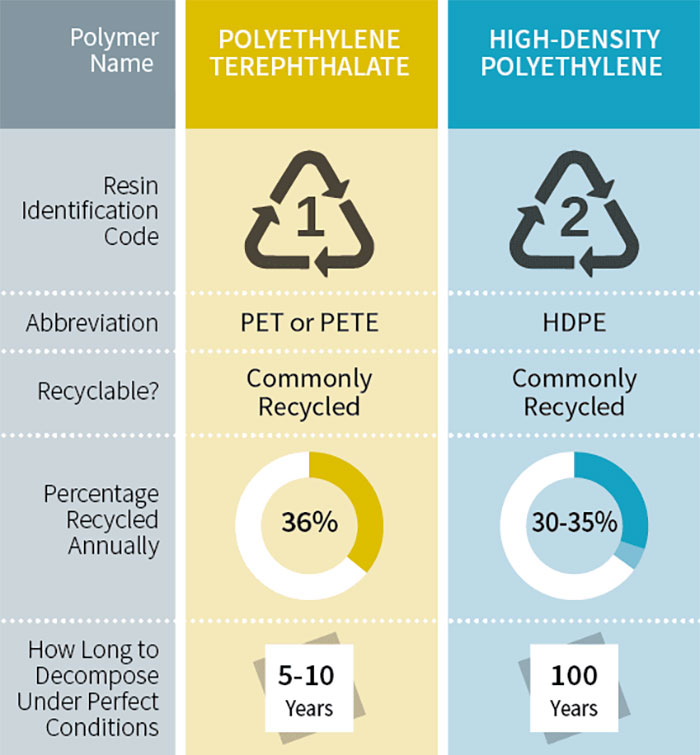
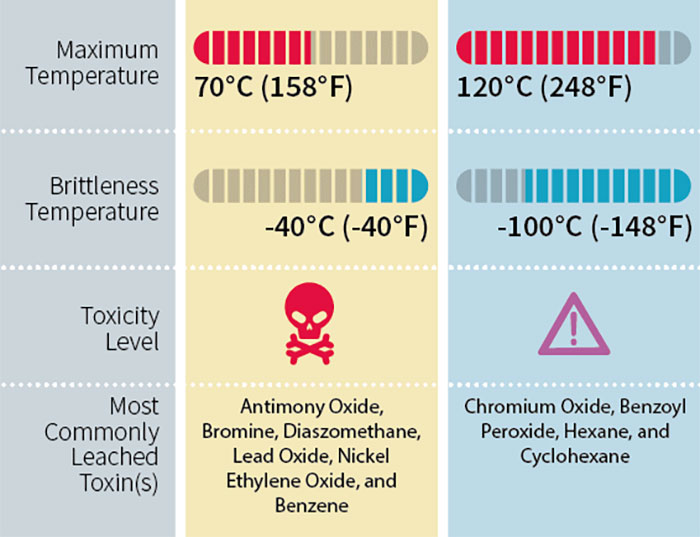
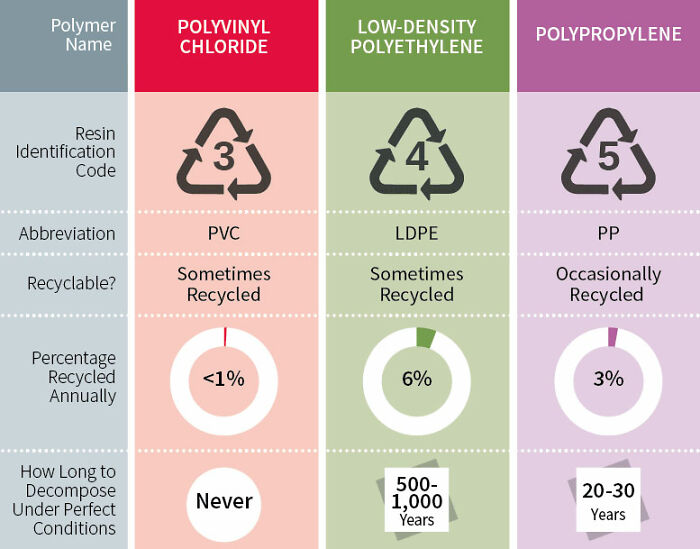
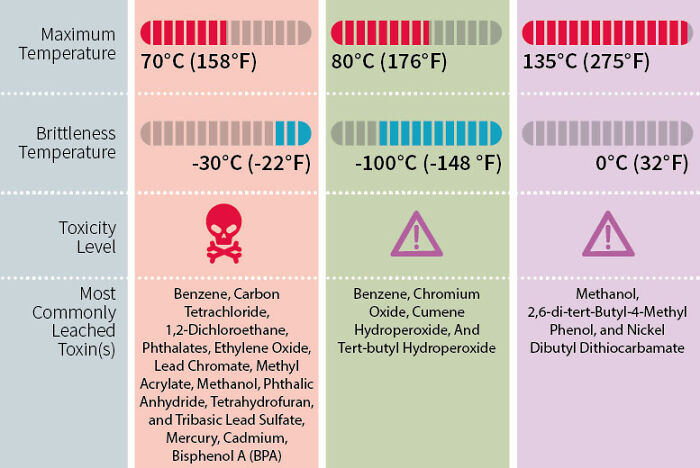
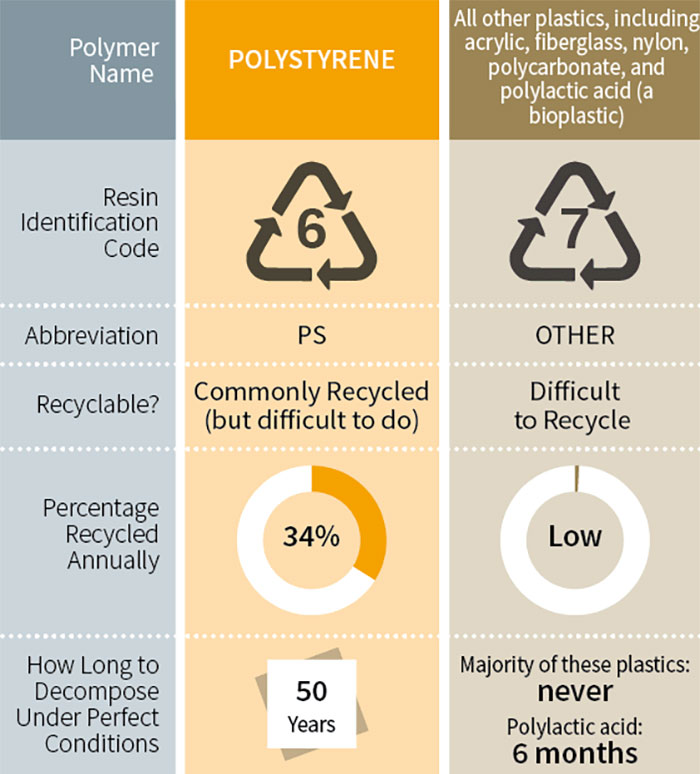
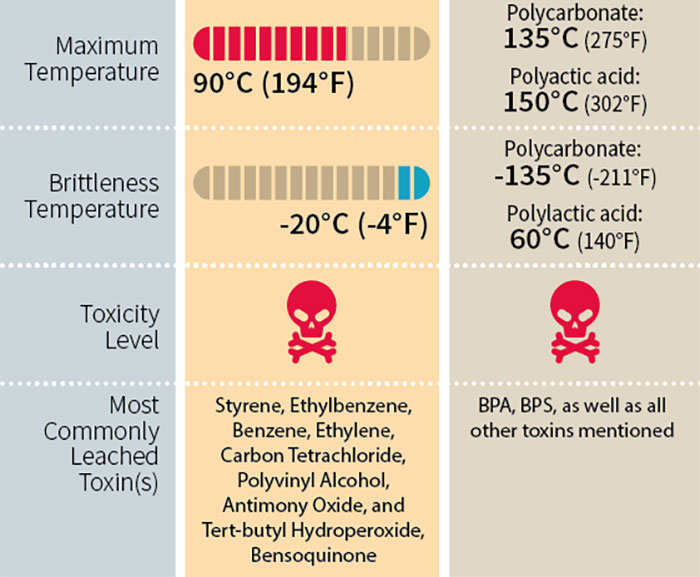
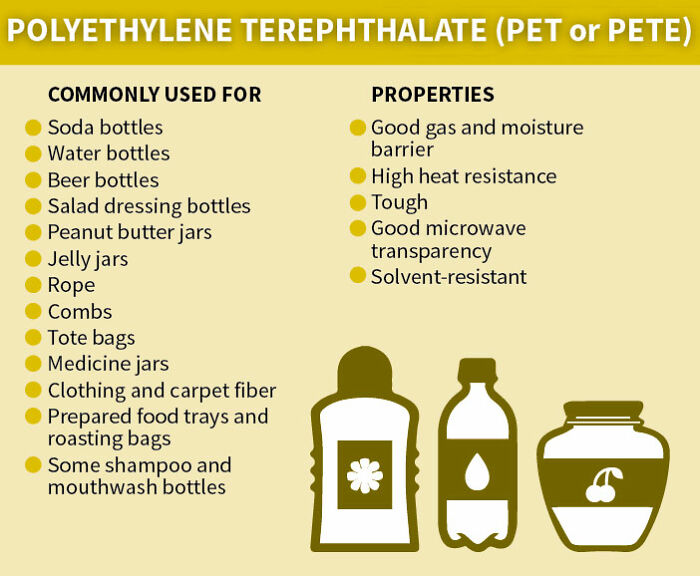
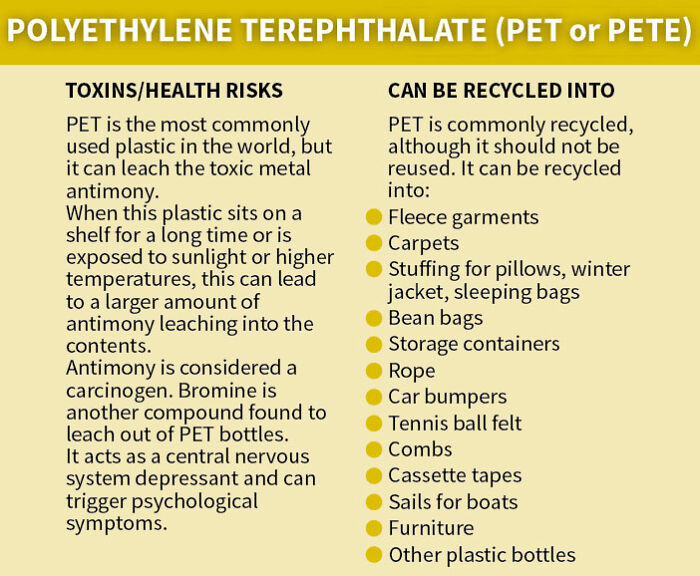
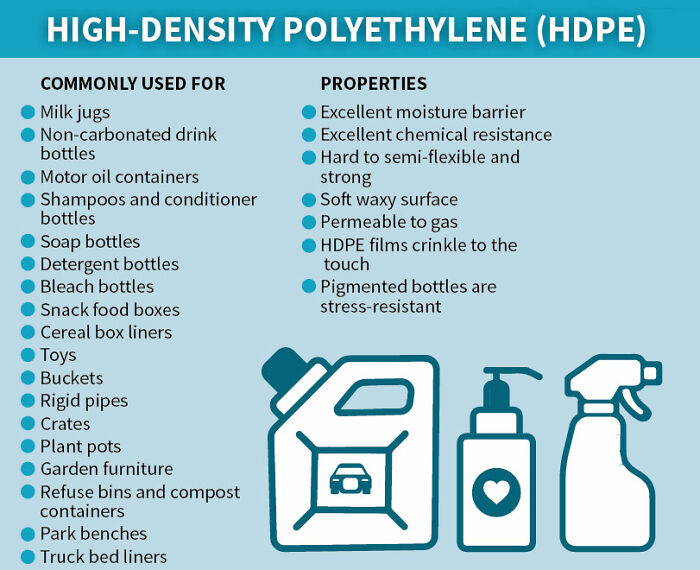
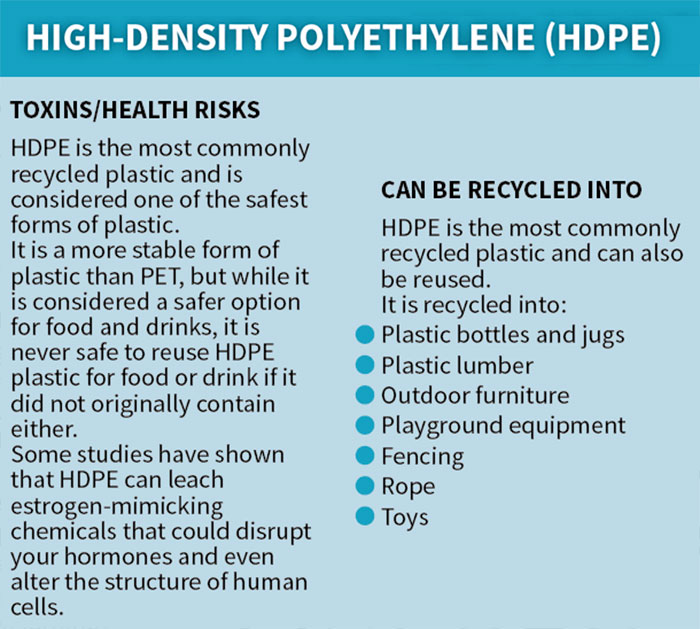
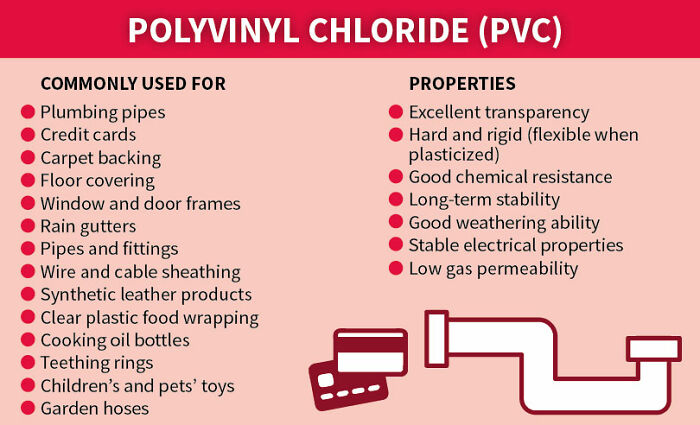

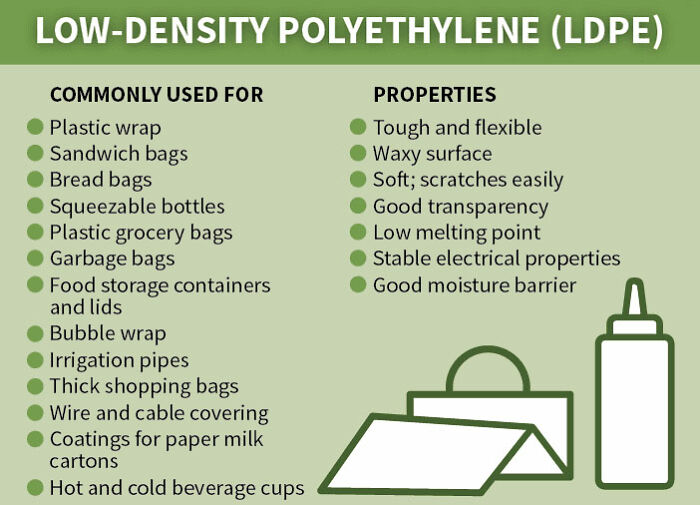
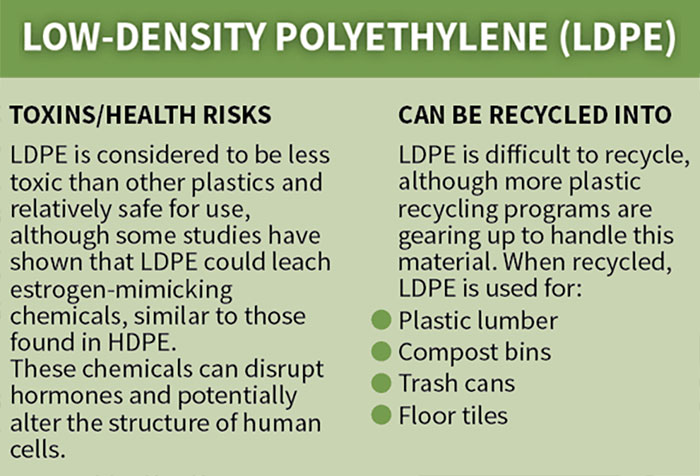
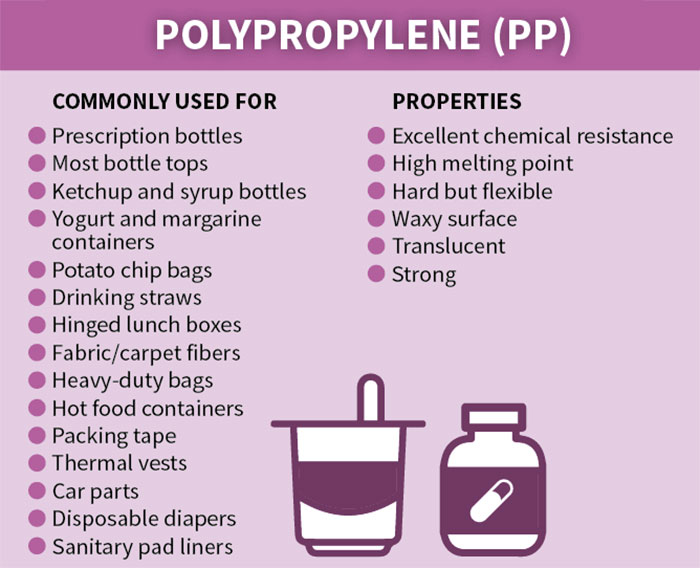
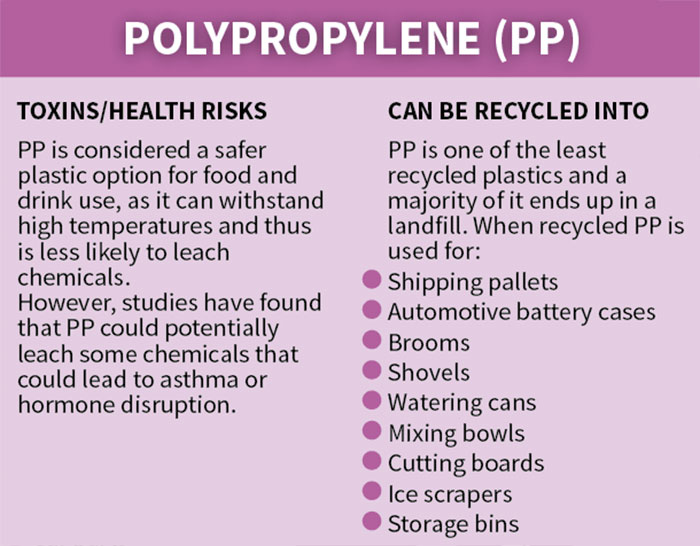
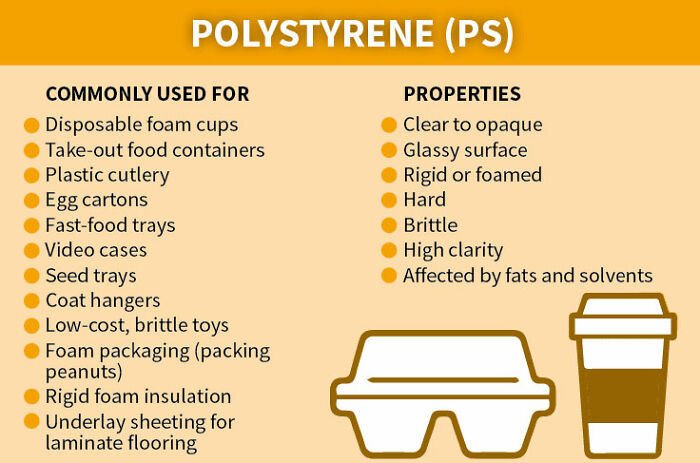
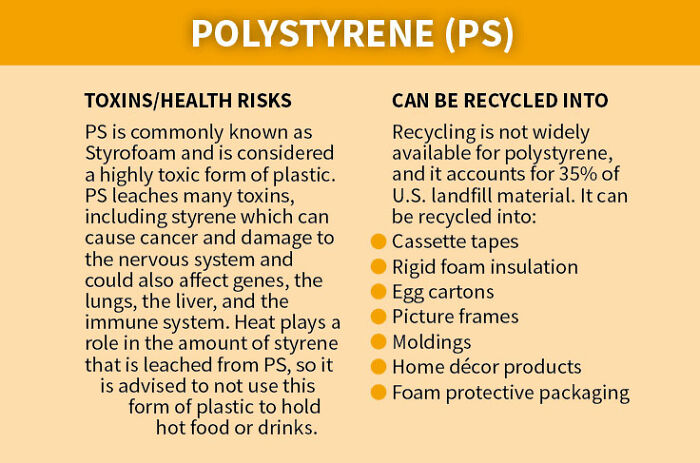
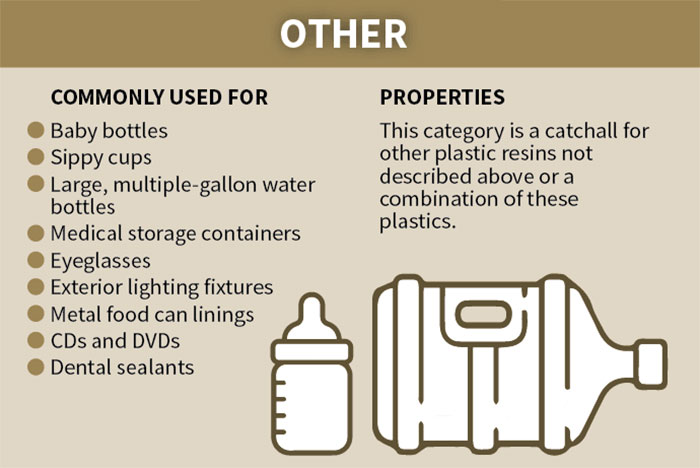
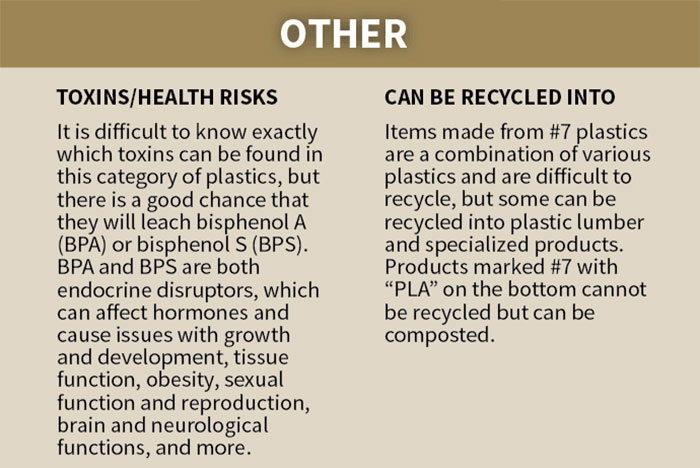












































159
27